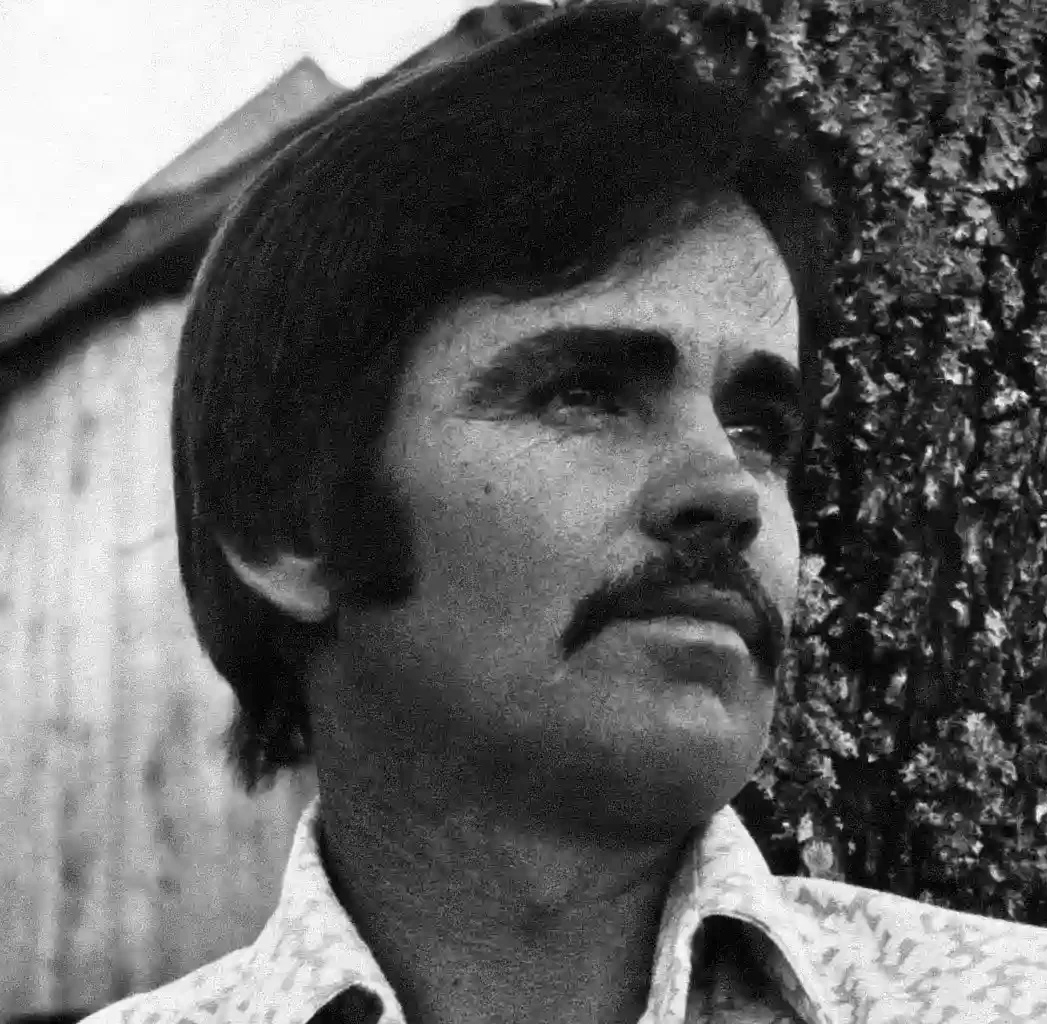Cormac McCarthy, a titan of American literature, has left us. With his passing, we have not just lost a great writer but also a model of perseverance, commitment, and resilience. We’ve lost a true craftsman whose approach to life and work is a masterclass for anyone aspiring to improve every day.
McCarthy’s body of work is characterized by intense realism, profound philosophical inquiry, and a style so distinctive it borders on the esoteric. From the desolate landscapes of Blood Meridian to the post-apocalyptic world of The Road, McCarthy invited us to confront the grittier, darker sides of existence. He challenged us to consider what it means to be human in a brutal and chaotic world. For this, and for his tenacity in the face of life’s many adversities, we remember him today.
The Journey of A Craftsman
In examining McCarthy’s life, we can glean valuable lessons in work ethic and self-improvement. He began writing in his early 20s, but success eluded him for many years. His first few novels, though now considered classics, were largely ignored at the time of their publication.
Even so, McCarthy never wavered. He didn’t pursue fame or fortune, and he didn’t compromise his unique vision for mass appeal. Instead, he doubled down on his craft. He believed in the inherent value of his work, in the honesty of his stories, and in the power of his prose. He kept writing because it was who he was, not because of what it could get him.
In an age of instant gratification, McCarthy’s journey is a reminder of the importance of patience and commitment. He teaches us to stick to our own path, even when it’s not popular or profitable, and to trust that our dedication will pay off in the end.
Mastering the Craft
McCarthy’s work ethic was legendary. He reportedly wrote The Road on a typewriter, with no distractions or digital interruptions. He respected the process of creation and wasn’t afraid of solitude or silence. He toiled for hours, days, and years, honing his skills, refining his voice, and producing work that will be cherished for generations to come.
There is a clear lesson here about the value of deliberate practice and the power of consistency. It’s not about doing the most work, it’s about doing the best work – and doing it over and over again. As we strive to improve every day, we must remember to take our time, to dive deep, and to embrace the journey of mastery.
Cormac McCarthy's example teaches us it's not about doing the most work, it's about doing the best work – and doing it over and over again. Share on XThe Road Ahead
As we mourn the loss of Cormac McCarthy, let’s honor his legacy by embracing his work ethic and his commitment to craft. Let’s strive to be as fearless and as relentless in our pursuit of excellence.
Improvement isn’t an end-point; it’s a journey. It’s about striving to be a little better today than you were yesterday. It’s about rejecting complacency and embracing challenge. And it’s about acknowledging that sometimes, the road less traveled – the harder, lonelier, more uncertain road – is the one worth taking.
Cormac McCarthy didn’t just leave us with stories; he left us with a roadmap for personal and professional growth. His life and work are proof that, no matter how daunting the task, we can triumph through determination, persistence, and belief in ourselves.
The world may seem a bit darker today. But the lessons Cormac McCarthy left behind will continue to inspire us to strive for excellence, to commit to our passions, and to keep moving forward, no matter what.
Featured image: English: From dust jacket: “Photograph of Cormac McCarthy by David Styles”, Public domain, via Wikimedia Commons

Leave a Reply